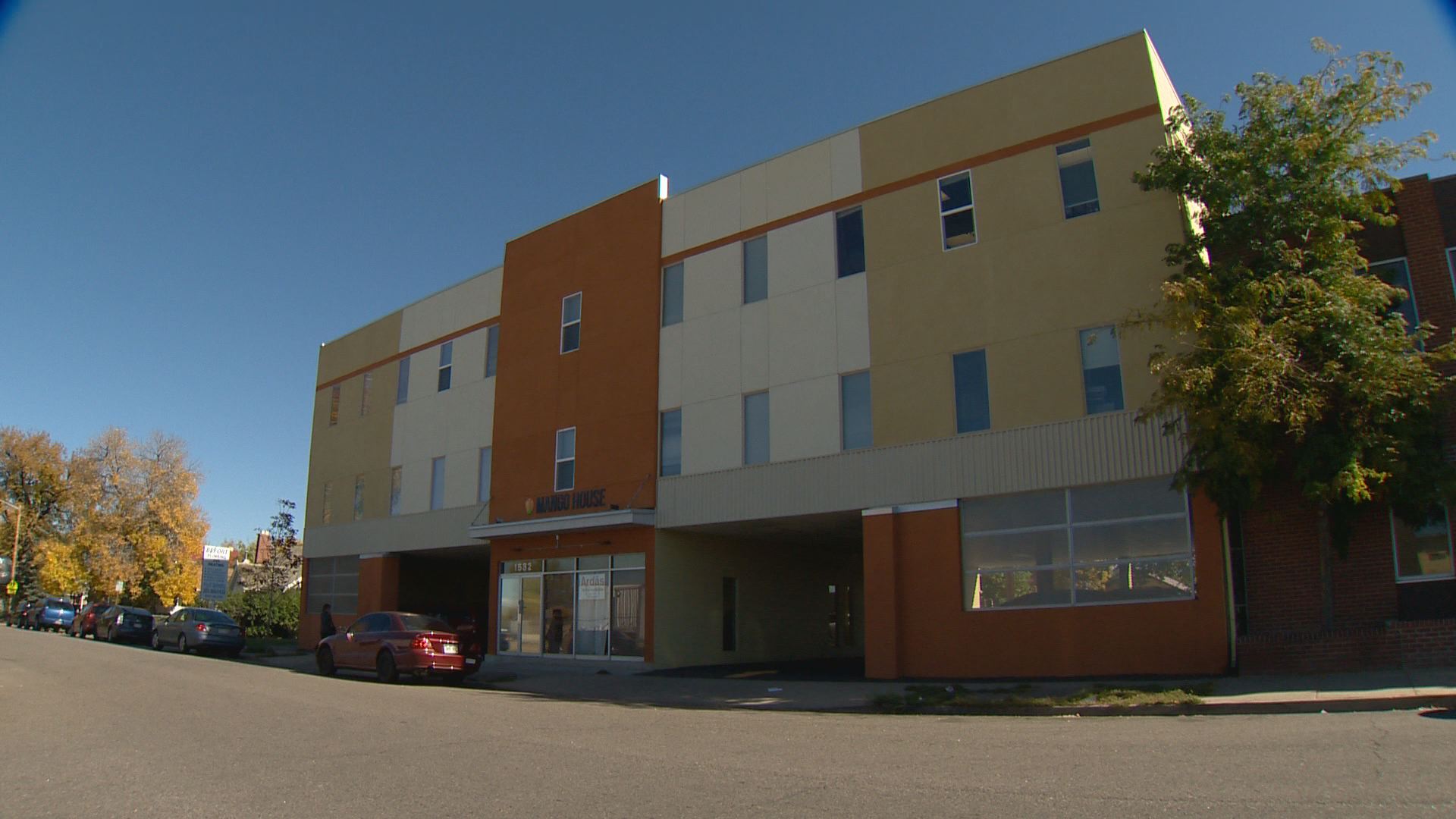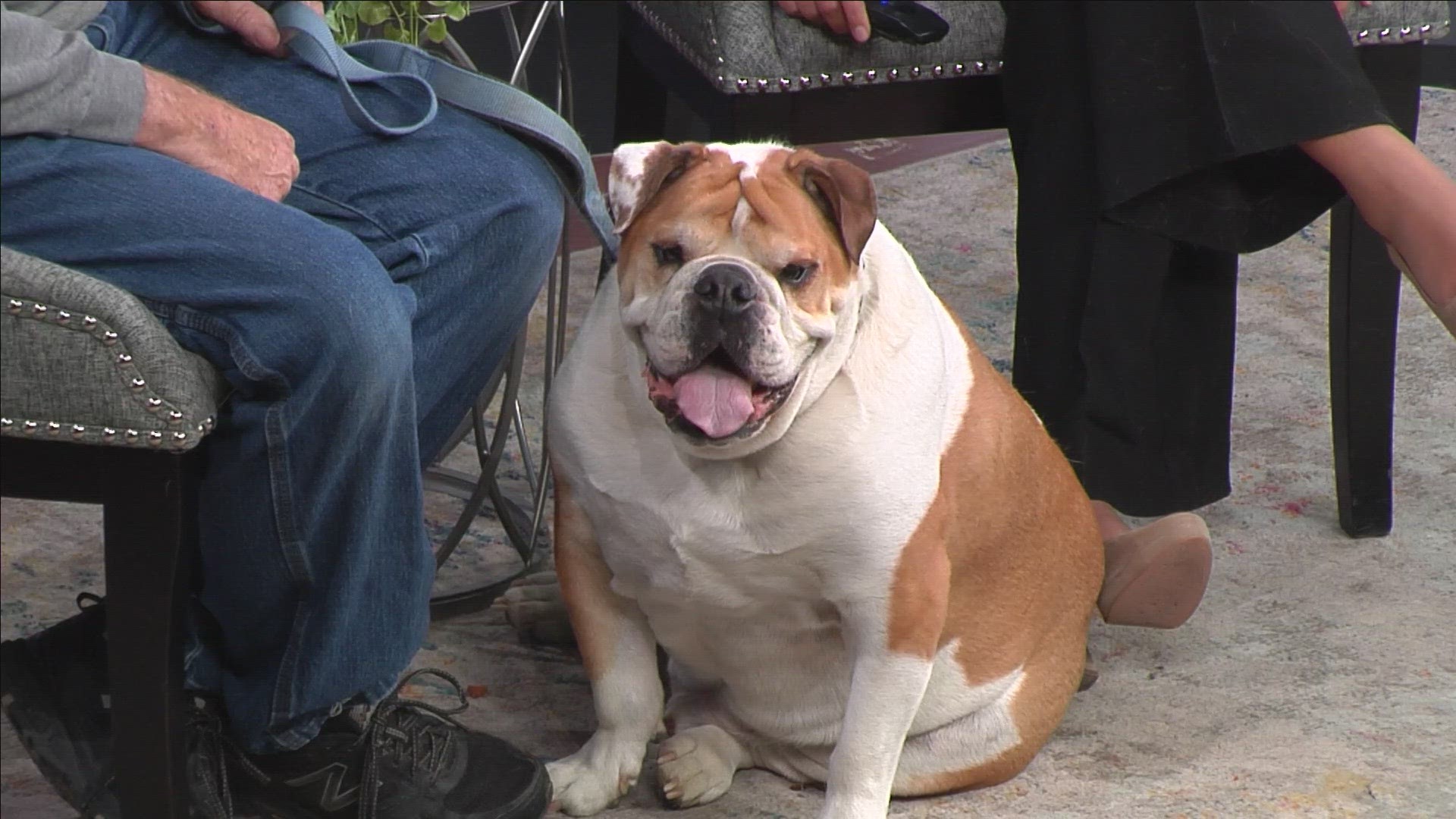AURORA - Hidden among the small shops and bus stops that line East Colfax Avenue lies a home created for those who have had to leave their own.
The Mango House, owned by Dr. PJ Parmar, is a new place for international political refugees now living in and around Aurora to go for medical, dental and educational services.
"A lot of people go into medical school wanting to help people. Somewhere along the line it changes, and I'm not sure why," Parmar said. "The people that come definitely have lost the idea of doing it in a small business sort of way."
That's exactly how Parmar runs his small doctor's office inside of the Mango House.
No appointments needed; every patient comes in on a walk-in only basis.
"In underserved medicine, it's all about reducing the benefits to care," Parmar said.
His medical assistant handles the shots and the phones, although it's not rare for Parmar to pick up the phone himself or even greet patients at the door, many of whom he's on a first-name basis with.
"We try to cater to them. We know a number of the families and the community instead of trying to serve other segments of the population," Said Parmar, who sees refugees from Nepal, Burma, Ethiopia and Somalia, among other nations. "When you focus on just one segment, you get to know many of the different families and you get to know them well."
Parmar runs a for-profit business, which he said allows him to self-fund his practice as opposed to waiting on grants if he ran it as a non-profit business.
The majority of his income comes from his patients' Medicaid insurance.
However, Parmar never turns away patients, often seeing some for free if they are on the Medicaid plan tied to Denver Health, which only allows patients to see Denver Health physicians unless patients opt out.
"A letter is sent to their house and says if you don't want to be put in you can tell us, but the problem is they never get the letter, their mailbox is broken, they can't read it," said Parmar, who is trying to reform Medicaid. "The moment I opened practice, I thought this was a problem. But there's doctors twice my age who've been trying to do this for -- one of them said he's been hitting his head against the wall for 17 years."
But it doesn't stop Parmar from continuing his passionate work.
"He's their family doctor. More than that though, he's their friend," said Charles Grayson, a medical student studying under Parmar. "They come in and here and want to be seen by somebody who cares about them.
"A lot of times in medicine you get lost in that," he added.
His patients agree.
"When I came here, all the fugee', they told me, 'You have to go to PJ. He's the best man in this neighborhood,'" said Ahmed Ali, an Ethiopian refugee who has been in the United States since June by way of Kenya. "It's really very nice. I mean, Mango House people is a people who work for the refugee."
Parmar, who emigrated from India, is grateful to his patients.
"It really resonates with me, and I've gotten to know a number of them and made friends in the community," he said. "It's like a big family."


